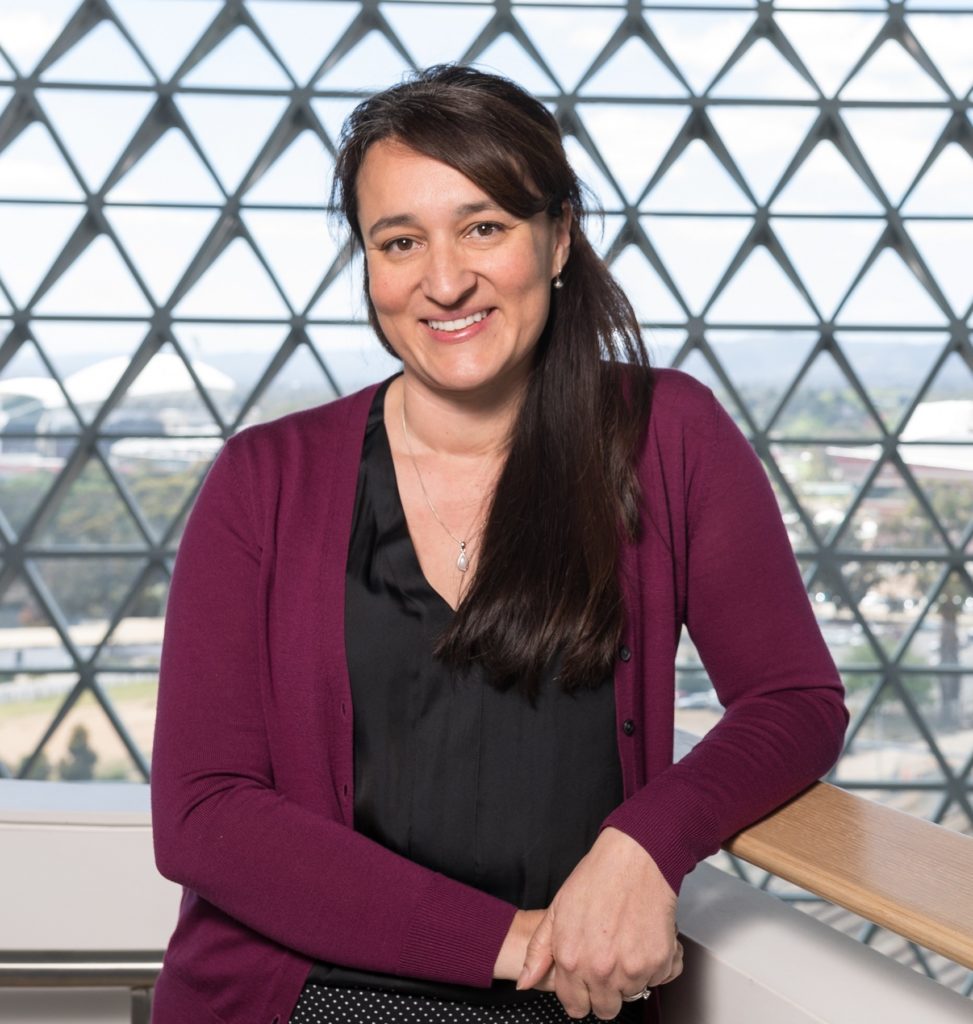One in five older Australians are more likely to have an unplanned trip to the hospital within 90 days of their first aged care assessment (ACAT), new research has found.
A study from the University of South Australia analysed the outcomes of 22,130 people who underwent an ACAT assessment and identified 25 risk factors of avoidable hospitalisations.
Key predictors included the number of prior GP visits, after-hours service attendances, and certain medications which flagged prior conditions, including heart problems.
Preventative action should be taken during the ACAT process to reduce admissions and target at-risk individuals, according to lead researcher Professor Maria Inacio.
“When older people are hospitalised, especially ones who come from residential care facilities who are the most vulnerable, it can create a lot of unintended consequences,” she said.
“Studies have shown that it can increase cognitive decline and functional decline, it can lead to more falls in the hospital and hospital-acquired infections, and it also causes a lot of distress.”
Around 186,000 people over 65 will undergo an ACAT each year, a process that is usually state-run and led by nurses, geriatricians or social workers.
Professor Inacio, who is the head of the Registry of Senior Australians (ROSA), said that using previous data in an individual's assessment could help prevent avoidable hospital trips.
“At the time of ACAT, if information for an individual’s past medication history, past health services history, past hospitalisation history is integrated, then we can very easily identify individuals who are most at risk in the short-term.
“Integrated information is golden to give information about what we already know and the likely things that might happen to people.”
According to Inacio, focusing on care coordination, case management and regular health reviews can help reduce avoidable hospitalisations.
“There are services out there that older people should take advantage of that will help and manage specific areas of their care,” she said.
“For example, medication reviews are subsidised by Medicare and can be accessed by older people, but it’s not accessed as much as it should.
“We’ve done another study that shows people who are living in the community with home care support, less than 5 per cent of them access it.”
This research is part of a wider project looking into avoidable hospitalisations and unplanned admissions around South Australia.
Do you have an idea for a story?Email [email protected]
 Aged Care Insite Australia's number one aged care news source
Aged Care Insite Australia's number one aged care news source


